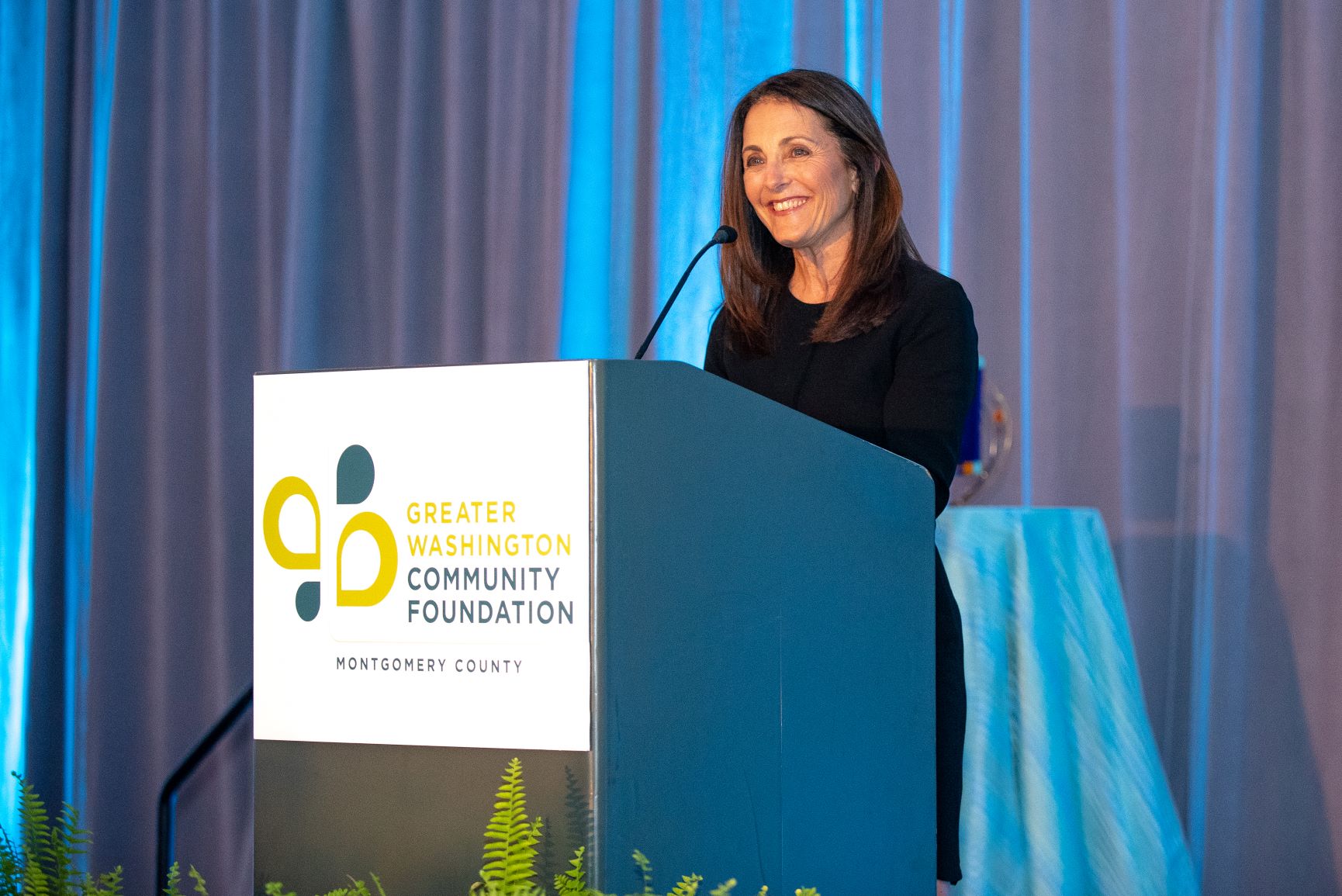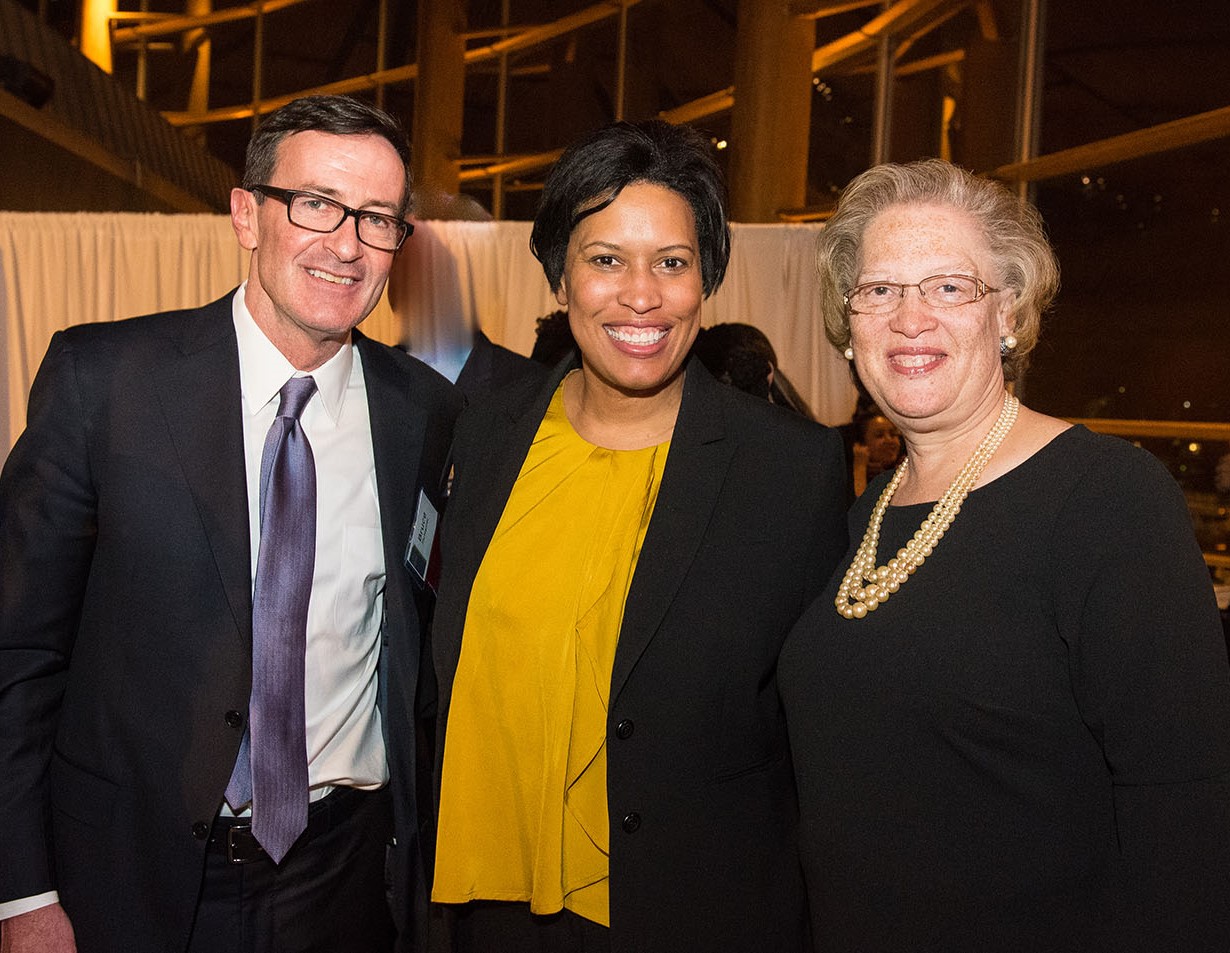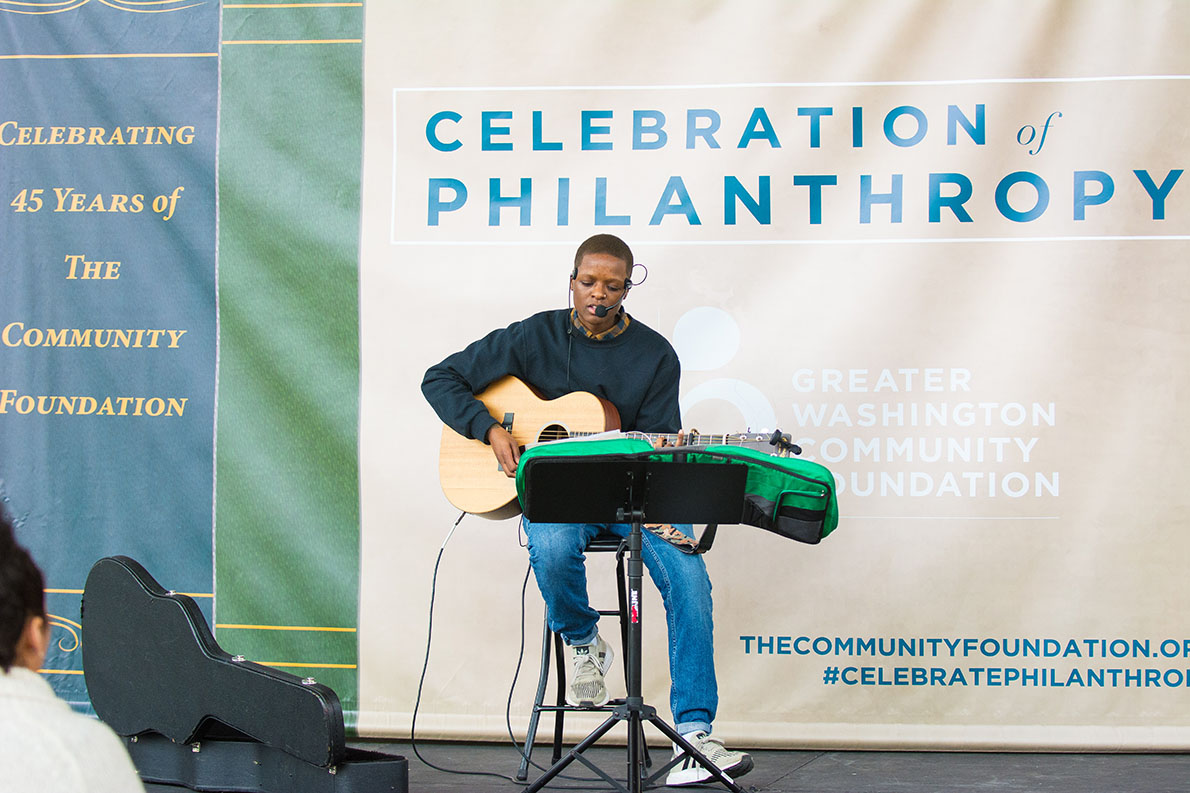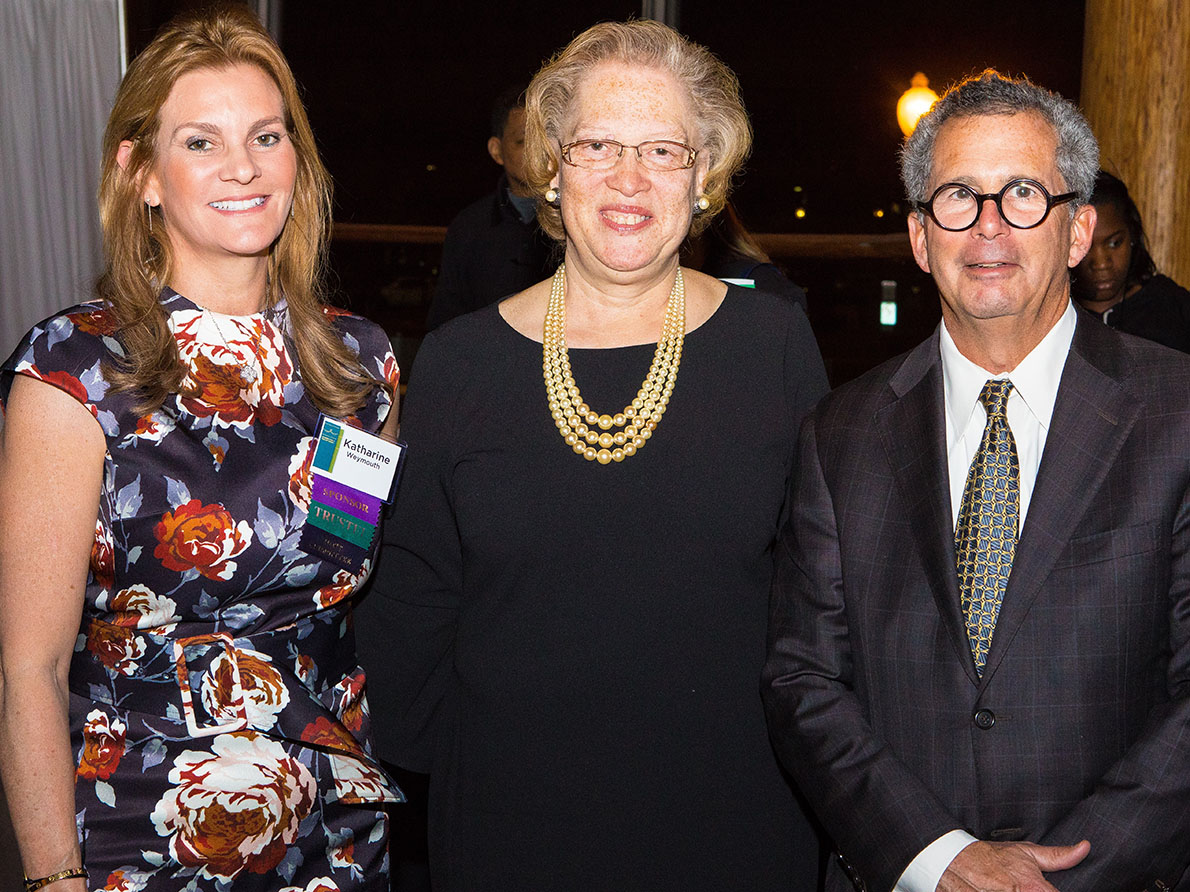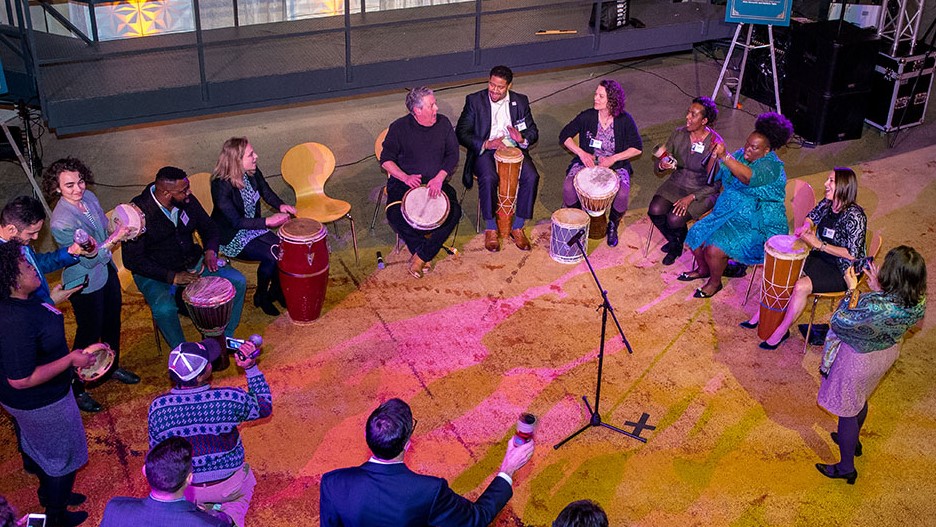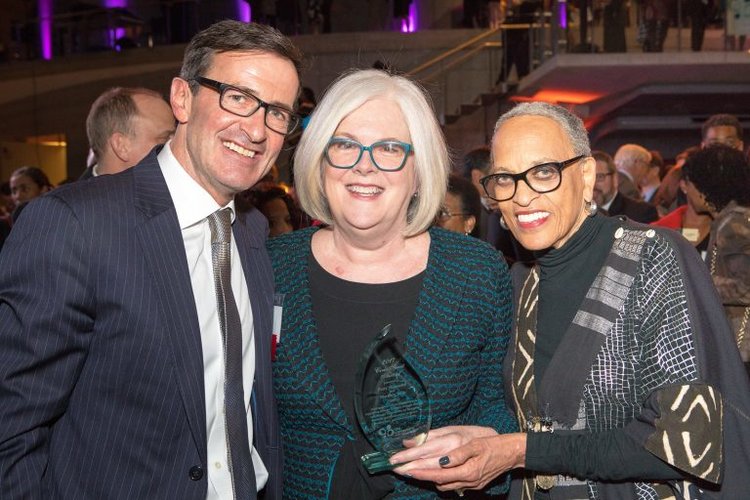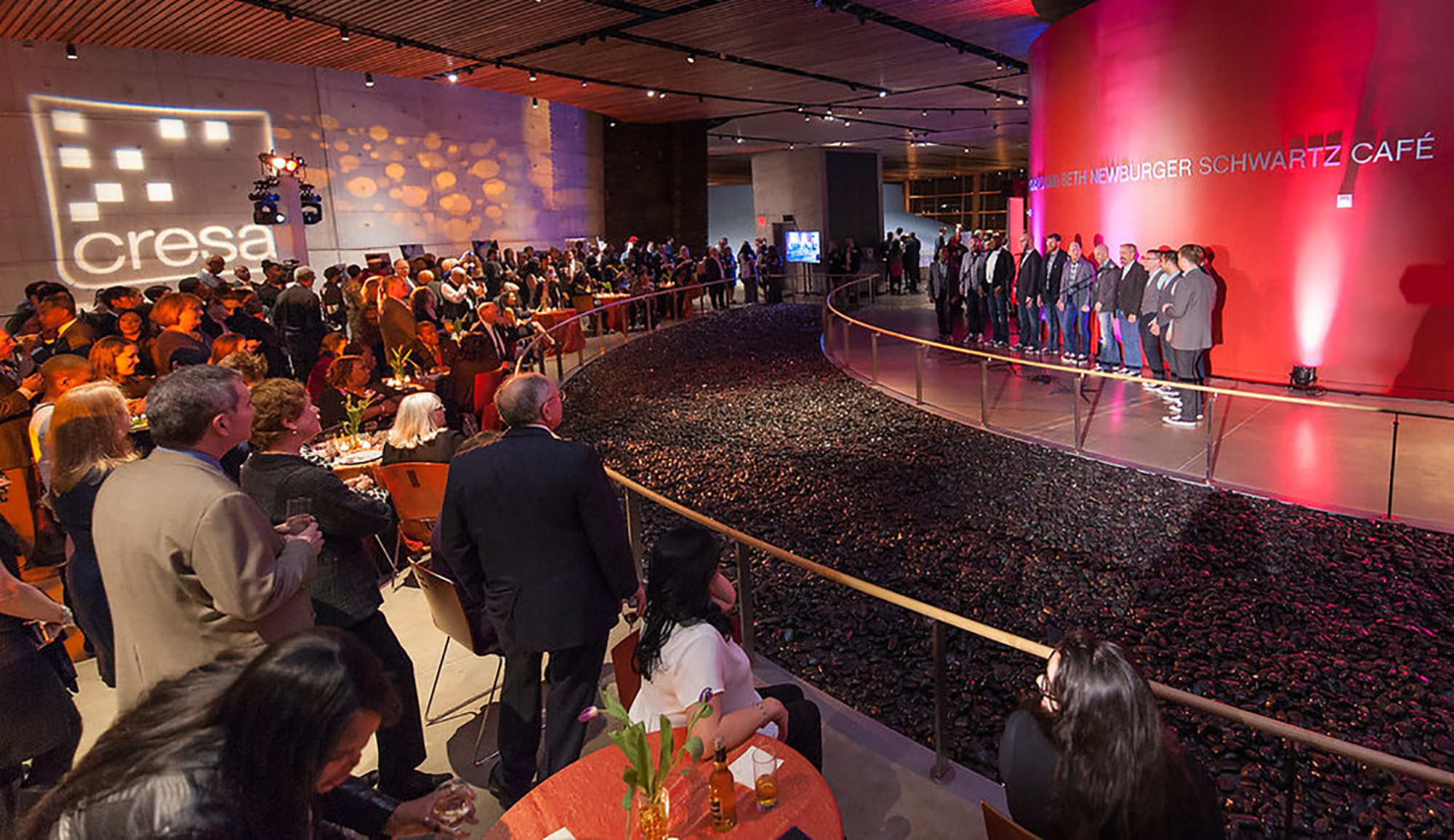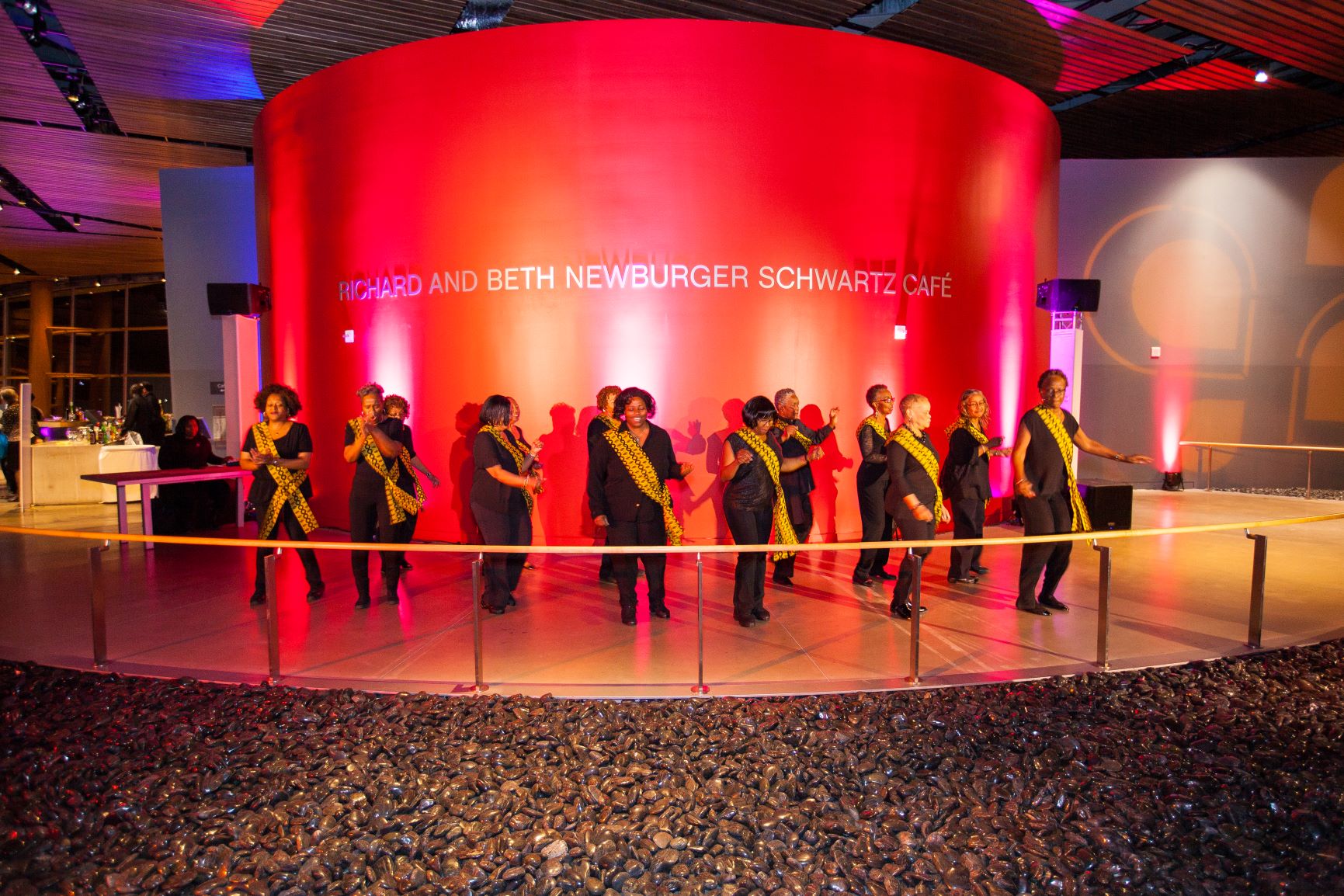With the partial government shutdown affecting up to 285,000 people (according to an estimate of affected federal and contract workers provided by the Metropolitan Washington Council of Governments) in the DMV region alone, many of you have asked how you can help our neighbors who may be impacted or what resources are available to Federal Government employees or contractors in need of assistance. Several companies and local organizations have made resources available to local residents whose livelihoods may be affected, and we have compiled many of these resources into the list below.
If you are in a position to help our neighbors who may struggle to meet critical needs for food or other financial assistance during this period of uncertainty, please consider giving to our Resilience Fund. The shutdown is occurring during one of the driest seasons of giving, which puts an even greater strain on our nonprofit partners who are providing assistance to our neighbors in need. The Resilience Fund, with a mission to respond to changes in federal policy that negatively impact the most vulnerable in our communities, has set aside $50,000 in funding to help local nonprofits address the most critical needs. With your support, these organizations can increase capacity to do more during this time of uncertainty for our friends, families, and neighbors.
Utilities:
Pepco’s Low-Income Home Energy Assistance Program (LIHEAP)/ Maryland Energy Assistance Program (MEAP) provides assistance to low-income customers with their home heating bills. Maryland residents can call 1-800-352-1446 or visit the Office of Home Energy Programs website. DC residents can call 311 or visit ddoe.dc.gov/publication/energy-assistance-program-applications. Pepco is also offering deferred payment plans and other assistance programs, DC residents can find info here and Maryland residents can find info here.
Washington Gas is offering DC, Maryland and Virginia residents flexible payment options for federal workers, including deferred payments and ways to spread the cost of winter heating. You can contact Washington Gas customer service representatives at 1-844-WASHGAS to discuss their individual situations. Washington Gas also offers assistance to customers facing disconnection with a grant of up to $500 once a year through the Washington Area Fuel Fund Partnership administered by the Salvation Army.
DC Water will assist furloughed government employees by offering flexibility for bill payment and making existing programs available to assist customers who are struggling with their bills. You can learn more about options by calling customer service at 202-354-3600 or visiting https://www.dcwater.com/customer-assistance. WSSC, serving Montgomery and Prince George’s counties, will waive late fees and work with customers to establish convenient payment plans.
Another resource is the Greater Washington Urban League, which provides up to $500 in assistance to families needing assistance with their electric and gas bills. For information on getting assistance, you can call the GWUL offices at 202.265.8200.
T-Mobile and Verizon have both announced flexible payment plan assistance. Customers should contact the companies directly.
Banks and Mortgage:
Bank of America, Wells Fargo, Chase Bank, and other institutions have offered flexibility with deferred payments, interests and late fees for their customers. Democracy Federal Credit Union is offering a short-term emergency loan with 0% interest. Bankers are also referring customers with specific concerns to their in-house financial counseling service. Other institutions, like USAA Bank and Transportation Federal Credit Union, have said they'll provide low-interest loans to their customers.
The Hebrew Free Loan Association is also making available emergency loans ranging from $500 to $2,000 to current Federal employees affected by the shutdown.
Unemployment Resources:
Federal employees may be eligible for unemployment benefits by following the application process through the state in which you work. To find your state’s office, click here. The Office of Personnel Management has released a resource page with important Unemployment Insurance Information for Federal Workers.
Nonprofit Resources:
The Capital Area Food Bank has a goal to provide 300,000 extra meals in January. This includes launching five free Pop Up Markets on Saturday, January 12 from 9 AM to 12 PM for government employees and contractors affected by the furlough. More information can be found at https://www.capitalareafoodbank.org/pop-up-markets/. You can also locate your local food bank using this online tool https://www.capitalareafoodbank.org/get-help/.
Starting on Monday, January 14, Bread for the City will provide a five-day supply of groceries for furloughed DC federal employees or contractors and their families. A Federal Government employee ID is required, or contractors can bring a picture ID with supplemental information regarding your furloughed status. More information is available at https://breadforthecity.org/food/.
United Way of the National Capital Area announced the launch of its Emergency Assistance Fund, with an initial $50,000 in support to select nonprofit organizations providing vital food, rent and utility assistance which are facing an increased demand for services due to the government shutdown crisis. You can also use United Way NCA’s services to seek financial guidance and one-on-one counseling by visiting one of its four Financial Empowerment Centers located throughout the region. These centers offer direct access to high-quality financial services and guidance in a welcoming, professional environment at no cost to the client. United Way NCA also offers 2-1-1, a free, confidential helpline number that provides callers in need of social services with health and human service resources in their local community 24 hours a day, 365 days a year.
Resources for DC Residents:
For District residents affected by the shutdown, the DC government has compiled a list of available resources.
Resources for Montgomery County Residents:
The Montgomery County government has compiled a list of resources to help affected workers who live in the county.
A Wider Circle, Interfaith Works and Manna Food Center are nonprofits offering food, household essentials and other resources for Montgomery County Residents.
Resources for Prince George’s County Residents:
For residents in Prince George’s County, the county government has compiled a list of resources to help affected workers in the area.
Resources for Residents Of Northern VirGinia:
Arlington residents affected by the shutdown can find resources complied by the Arlington County government.
For residents of Fairfax County, the county government has complied a list of resources available for affected federal workers.
The City of Alexandria government has created a list of resources for local affected residents.
Northern Virginia Family Service provides housing assistance, emergency financial assistance, emergency food assistance, sample letters to send to creditors, and more.



